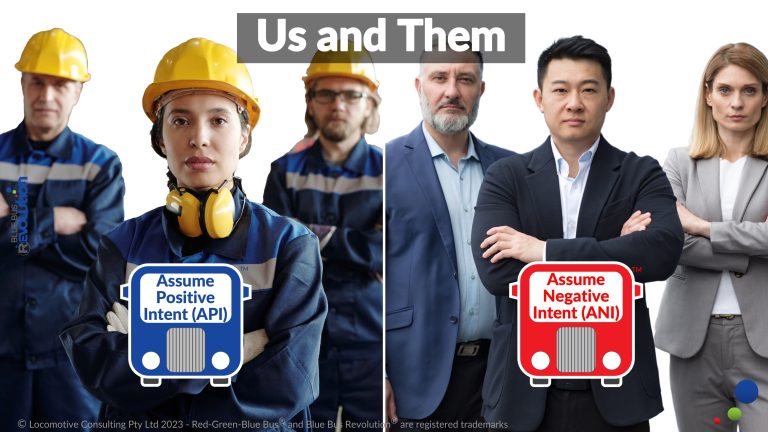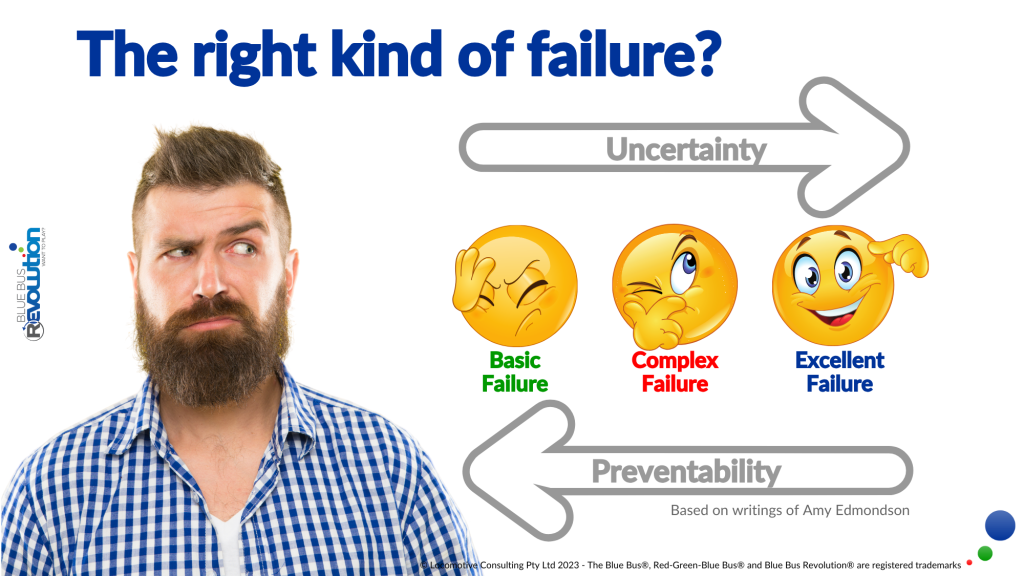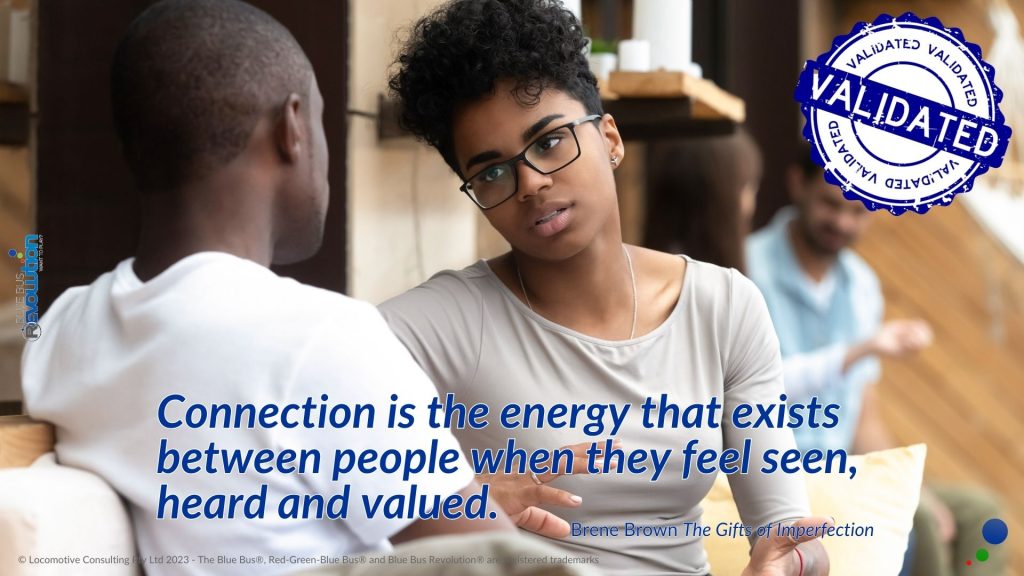Have you ever stopped to wonder whether the problem you are having with ‘them’ might start with you?
Humans are biologically wired to seek social inclusion. Through most of human evolution, safety came from being part of a tribe – being ‘one of us’ was protection against a violent world beyond. Physical or social exclusion makes us anxious to reconnect with our tribe, even to the point of losing our capacity for rational thought.
The flip-side of this drive to be with our us is to naturally distrust and avoid those outside the tribe. We see ‘them’ as a potential threat. This is the dark side of the hormone oxytocin: when not doing it’s thing as the love drug, oxytocin is fuelling violence against anyone we fear could threaten us.
That’s how we get us & them, a recurring feature of culture across the world.
And it doesn’t take much to form an us and, inversely, define a them. We readily form shared identities – us – around the simplest of things: the school we attended, the football team we barrack for or even the brand of clothes we wear.
At work, we tend to identify with the team in which we work. When we define us as (say) our function or department, we see ourselves as ‘the good guys’ and assume positive intent about anyone who is us.
This sets us up to see those who aren’t in our function or department as the them. When the stories we tell in our teams frame anyone who is not one of us as them, we prime ourselves for inter-team conflict. We assume negative intent surrounding their actions and any new ideas they advance, even when they are – in reality – working to the same ends as ourselves.
And so it can be that the conflicts we experience with them exists because we have set us up to assume the worst of them. Unsurprisingly, we see what we expect to see and have blindspots to anything positive that they do.
In Unlocking Leadership Mindtraps, Jennifer Garvey Berger, points out that we find comfort in us & them stories in which we see others as persecutors & villains in a drama triangle where we get to play noble rescuer or the poor victim.
The key to breaking down this us & them culture is connection is personal – reaching out to those outside our team to learn who they are, what makes them tick and what’s the common ground between your work.
It also lies in changing the stories we tell about other teams. Stories that talk to the shared Why? that everyone is working to. Stories that ripple amplify the things that connect us. Stories that frame a bigger us.
Which Bus is driving the stories you tell?










